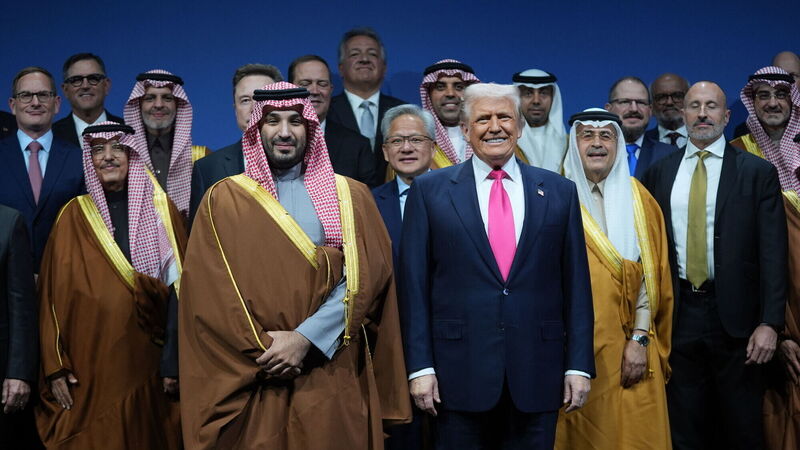Trump administration's shift on human rights support 'gives green light to strongmen'

US president Donald Trump and Saudi Arabia's crown prince Mohammed bin Salman attended the Saudi Investment Forum at the Kennedy Center, Washington, on Wednesday. Picture: Evan Vucci/AP
When US president Donald Trump defended Saudi Arabia’s crown prince this week over the 2018 killing of US-based journalist Jamal Khashoggi, he did more than just stir renewed accusations from critics of an affinity toward strongmen.














